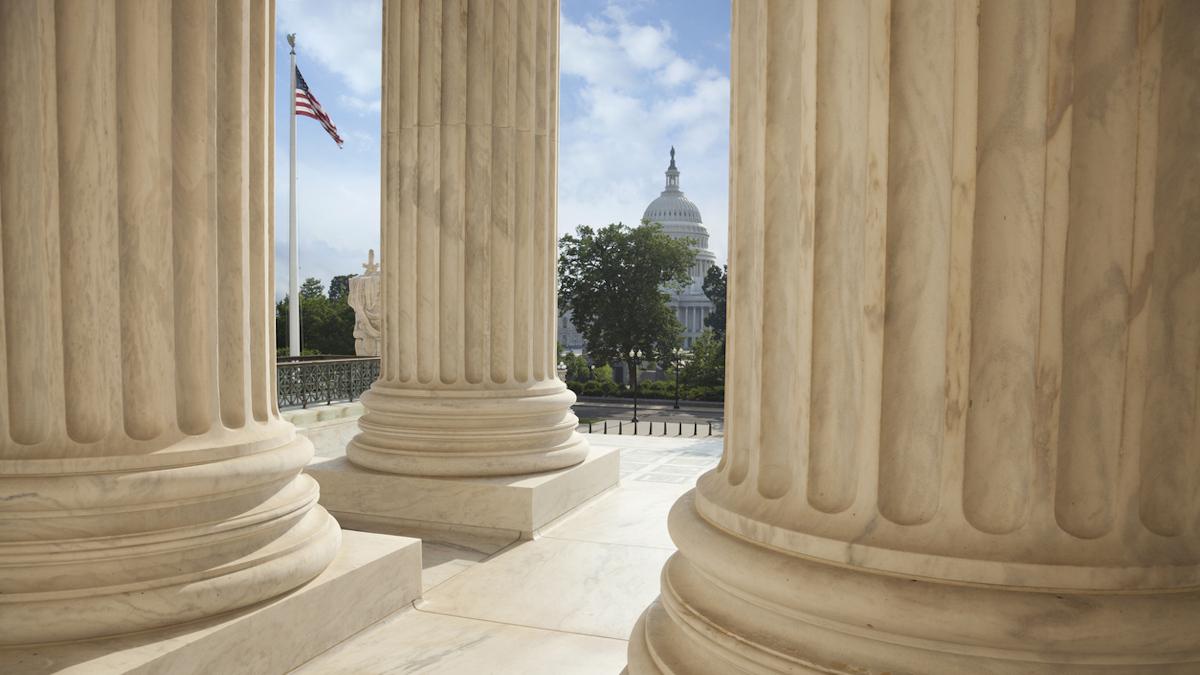IRA negotiated prices revealed as Biden claims $6bn savings

The US government has published the finalised 'maximum fair prices' (MFPs) for the first 10 medicines subject to Medicare negotiations under the Inflation Reduction Act (IRA), shortly after President Joe Biden said the result will be $6 billion in savings in 2026.
The list reveals hefty reductions in the list prices of the drugs, ranging between 38% and 79% for a 30-day supply. A truncated version appears below, in descending order of magnitude for the price cut and naming the company that participated in the negotiations, while the full table is available here.
- MSD's Januvia (sitagliptin) for diabetes – down 79% to $113.00;
- Novo Nordisk's Fiasp and NovoLog insulin products for diabetes – down 76% to $119.00;
- AstraZeneca's Farxiga (dapagliflozin) for diabetes, heart failure, and chronic kidney disease – down 68% to $178.50;
- Immunex's Enbrel (aflibercept) for rheumatoid arthritis, psoriasis, and psoriatic arthritis – down 67% to $2,355.00;
- Boehringer Ingelheim's Jardiance (empagliflozin) for diabetes, heart failure, and chronic kidney disease – down 66% to $573.00;
- Janssen Biotech's Stelara (ustekinumab) for psoriasis, psoriatic arthritis, Crohn's disease, and ulcerative colitis – down 66% to $4,695.00;
- Janssen Pharma's Xarelto (rivaroxaban) for prevention and treatment of blood clots and risk reduction in coronary and peripheral artery disease – down 62% to $197.00;
- Bristol-Myers Squibb's Eliquis (apixaban) for prevention and treatment of blood clots – down 56% to $231.00;
- Novartis' Entresto (valsartan/sacubitril) for heart failure – down 53% to $295.00; and
- Pharmacyclics' Imbruvica (ibrutinib) for blood cancers – down 38% to $9,319.00.
The Biden-Harris Administration said in its statement that older Americans could save roughly $1.5 billion in out-of-pocket expenses from the reductions, which will come into effect on 1st January 2026 – assuming the pharma industry continues to be unsuccessful in various lawsuits challenging the initiative.
Around nine million people with Medicare coverage use at least one of the drugs on the list, which is set to be extended in future negotiation rounds.
Health and Human Services (HHS) Secretary Xavier Becerra said the announcement is "historic", reiterating the estimate that Medicare negotiations will deliver around $100 billion in savings over 10 years.
"Americans pay too much for their prescription drugs," he added. "Empowering Medicare to negotiate prices not only strengthens the programme for generations to come, but also puts a check on skyrocketing drug prices."
One of the first of the affected drugmakers to comment on the disclosure today was BMS, which said the MFP for Eliquis "does not reflect the substantial clinical and economic value of this essential medicine, which is widely recognised for its effectiveness in reducing stroke-related events, hospitalisations, and extended rehabilitation needs."
The company also pointed out that the MFP "is the price Medicare will pay for Eliquis and does not set what Medicare patients will pay for the drug now or in the future. Insurance plans and their pharmacy benefit managers are ultimately responsible for what patients will pay."
It continued: "The IRA does not protect patients from potential increases to their cost sharing or restrictions in access to Eliquis once the MFP goes into effect in January 2026. By focusing on government price setting, the IRA overlooks the biggest problem in patient affordability: how plans determine patient out-of-pocket costs."
The news was welcomed, however, by the American Association of Retired Persons (AARP), which said it "marks a significant step forward in our long-standing efforts to lower prescription drug prices. AARP members from across the political spectrum overwhelmingly called lowering prescription drug costs a top concern – and this first round of Medicare-negotiated prices will bring financial relief to millions of older Americans."












